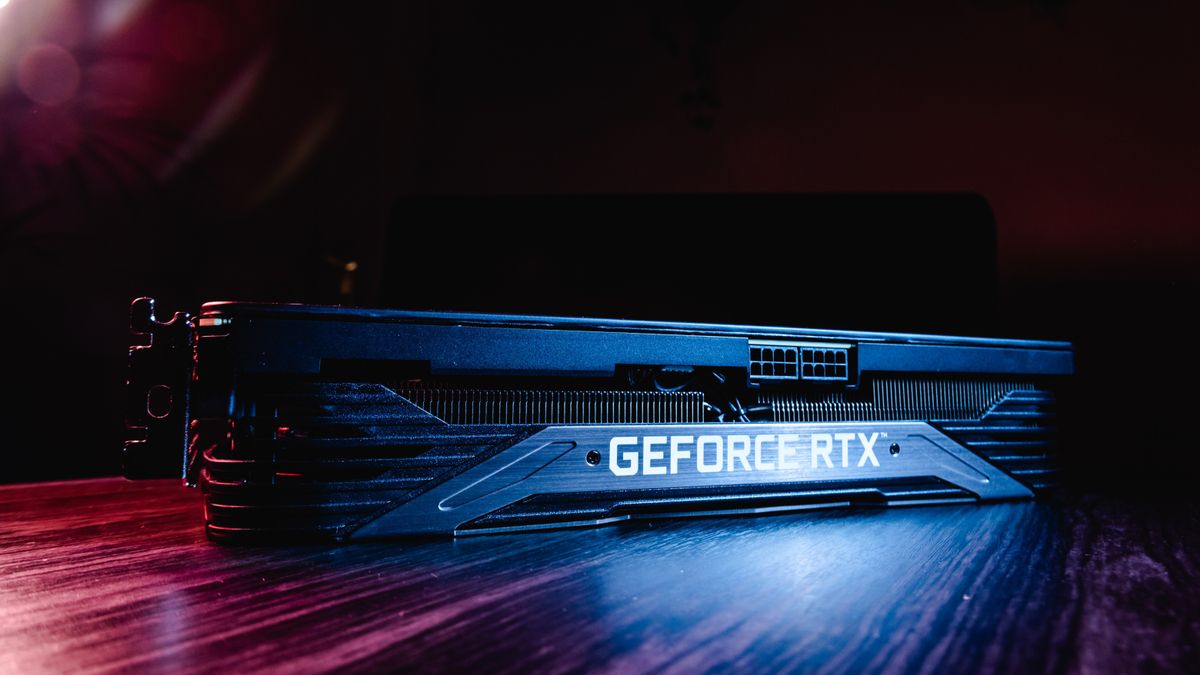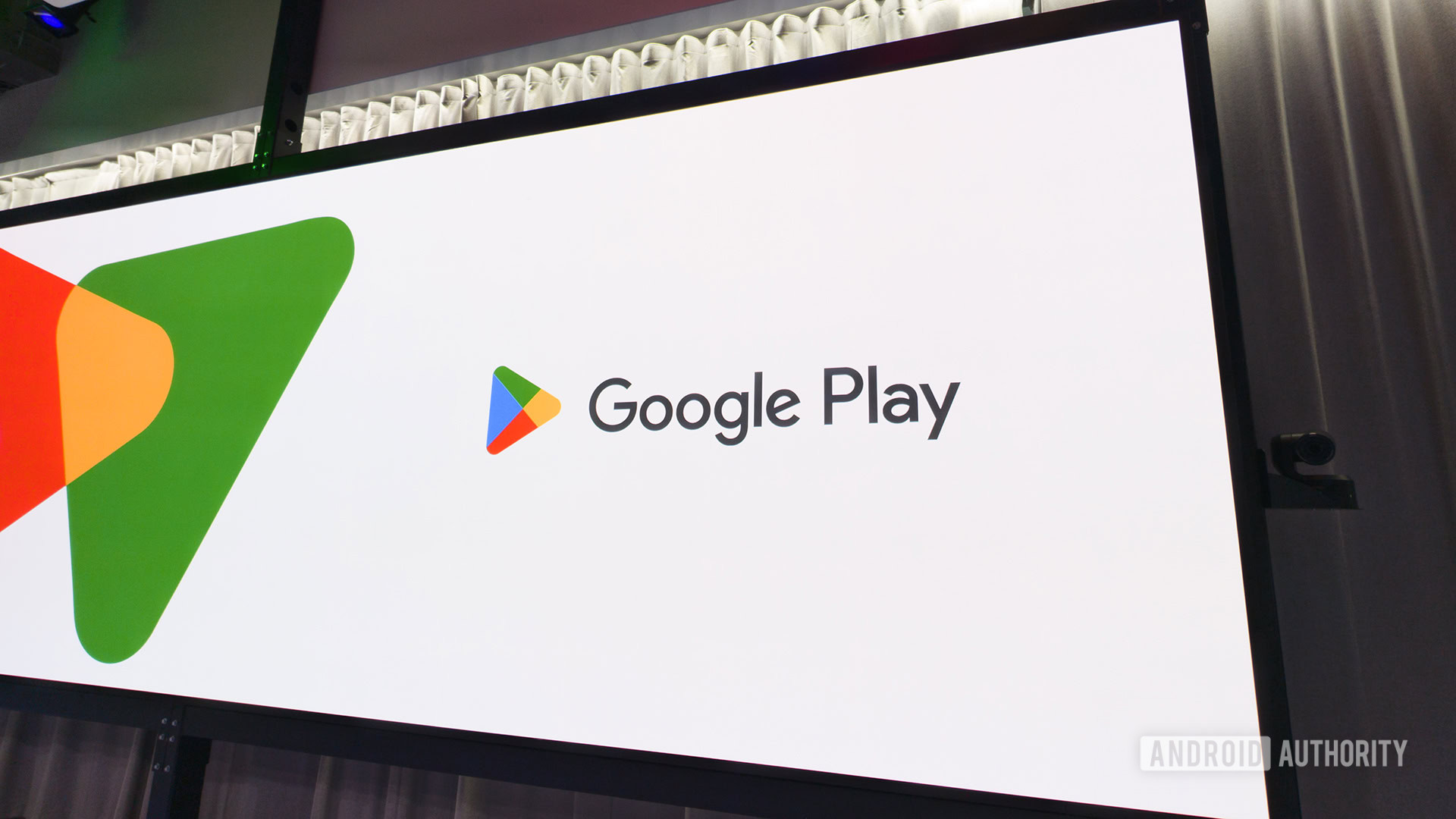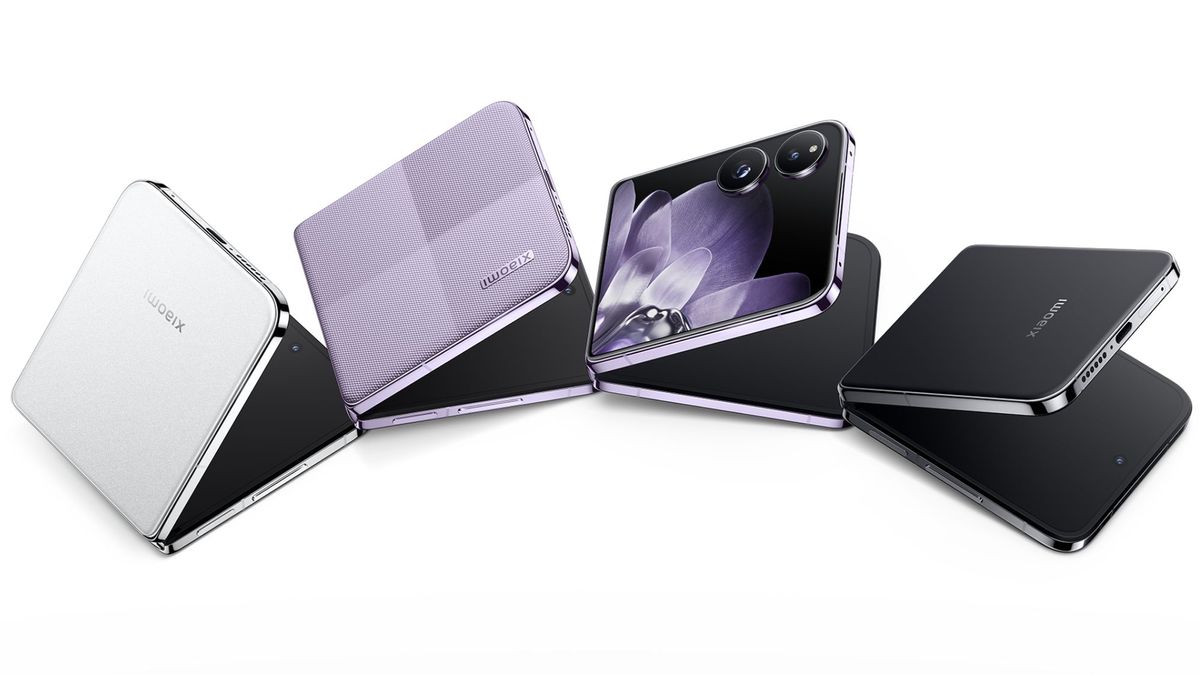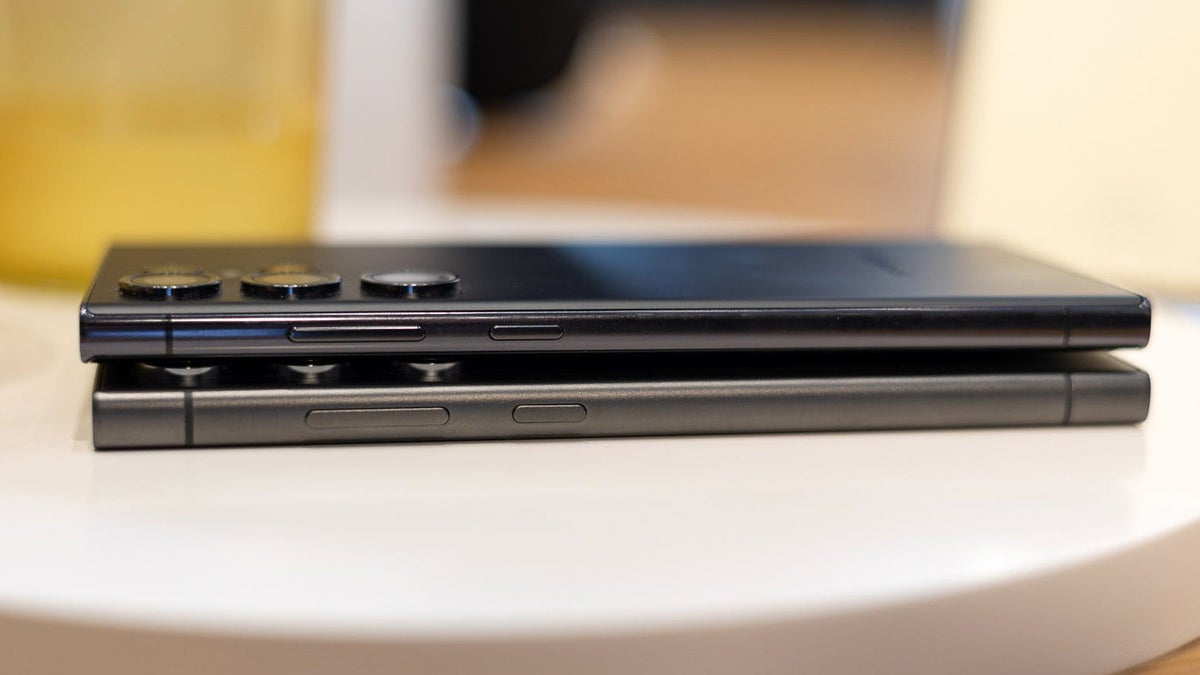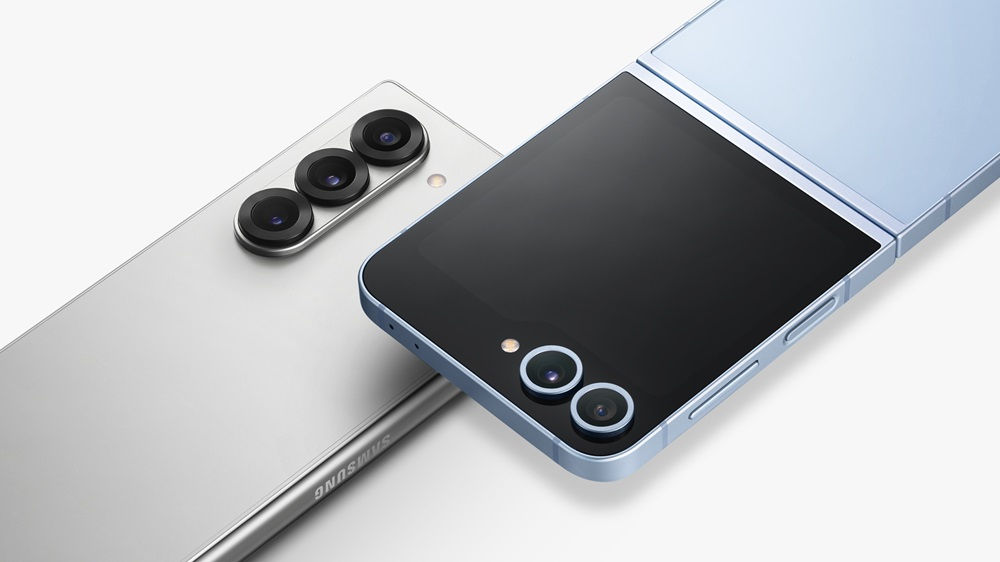From www.tomshardware.com
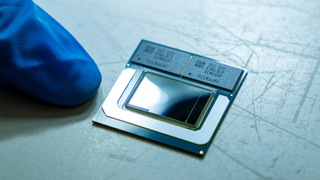
Benchmarks published by hardware tester David Huang reveal that Intel’s latest Meteor Lake CPUs may actually have lower instructions-per-clock (IPC) than 13th and 14th Gen Raptor Lake CPUs. Meteor Lake’s somewhat disappointing CPU performance already confirmed that it didn’t feature an impressive IPC boost, but it’s looking more like these cutting-edge chips have actually seen a regression.
IPC is a key indicator of architectural improvements when comparing CPUs of one generation to another. Being able to do more work in a clock cycle is generally good, and it indicates a design has improved over its predecessor. Measuring IPC greatly depends on the workload, however, and is difficult to nail down — cache sizes and the instruction mix can greatly impact the throughput. Huang used SPECint 2017 for his testing, where performance hinges almost entirely on raw horsepower.
Swipe to scroll horizontally
| Header Cell – Column 0 | Score | Performance Per GHz |
|---|---|---|
| Apple M3 Pro | 11.8 | 2.92 |
| Apple M2 Pro | 10.3 | 2.94 |
| Core i7-13700H | 9.6 | 1.92 |
| Ryzen 7 7840HS | 9.2 | 1.8 |
| Ryzen 7 7840U | 8.91 | 1.75 |
| Core Ultra 7 155H | 8.44 | 1.76 |
Huang tested the Core Ultra 7 155H and a variety of other CPUs using just one core, leaving the CPU clock speeds to run at default speeds. He then derived a form of IPC by dividing the performance by the clock speed. One caveat to this testing is that the 155H is being compared to a Core i7-13700H with DDR5 memory as opposed to LPDDR5, which Huang admits can throw off the results. Still, that shouldn’t impact things enough to change the conclusion that Meteor Lake’s IPC is lower than Raptor Lake’s.
Meteor Lake’s IPC is roughly on par with AMD’s Zen 4 Ryzen 7040 APUs, which is a silver lining, especially since upcoming Ryzen 8040 APUs will have identical CPU performance. However, there’s a very clear gap between Meteor Lake and Apple silicon, one that Intel should be working to shrink rather than letting it grow wider.
On a technical level, it’s hard to say why Meteor Lake has regressed in this test, but the CPU’s performance characteristics elsewhere imply that Intel simply might not have cared as much about IPC. Meteor Lake is primarily designed to excel in AI applications and comes with the company’s most powerful integrated graphics yet. It also features Foveros technology and multiple tiles manufactured on different processes. So while Intel doesn’t beat AMD or Apple with Meteor Lake in IPC measurements, there’s a lot more going on under the hood.
While raw CPU performance is likely a lower priority for Intel as it focuses on AI and graphics performance, the company may still improve IPC with future Lunar Lake and Arrow Lake CPUs. There may also be other scenarios where Meteor Lake does better than in the SPECint 2017 testing shown here.
[ For more curated Computing news, check out the main news page here]
The post Intel’s Meteor Lake CPUs are slower at single-core work than previous-gen models — new benchmarks show IPC regressions vs Raptor Lake | Tom’s Hardware first appeared on www.tomshardware.com



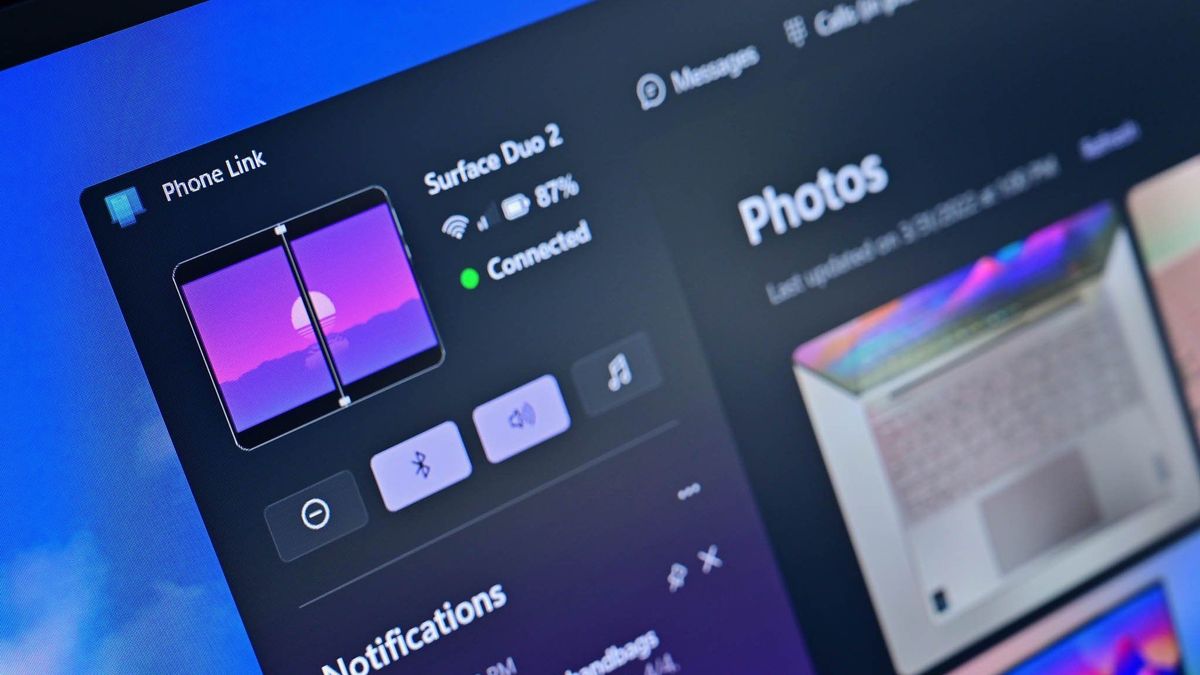

/cdn.vox-cdn.com/uploads/chorus_asset/file/25546355/intel_13900k_tomwarren__2_.jpg)

